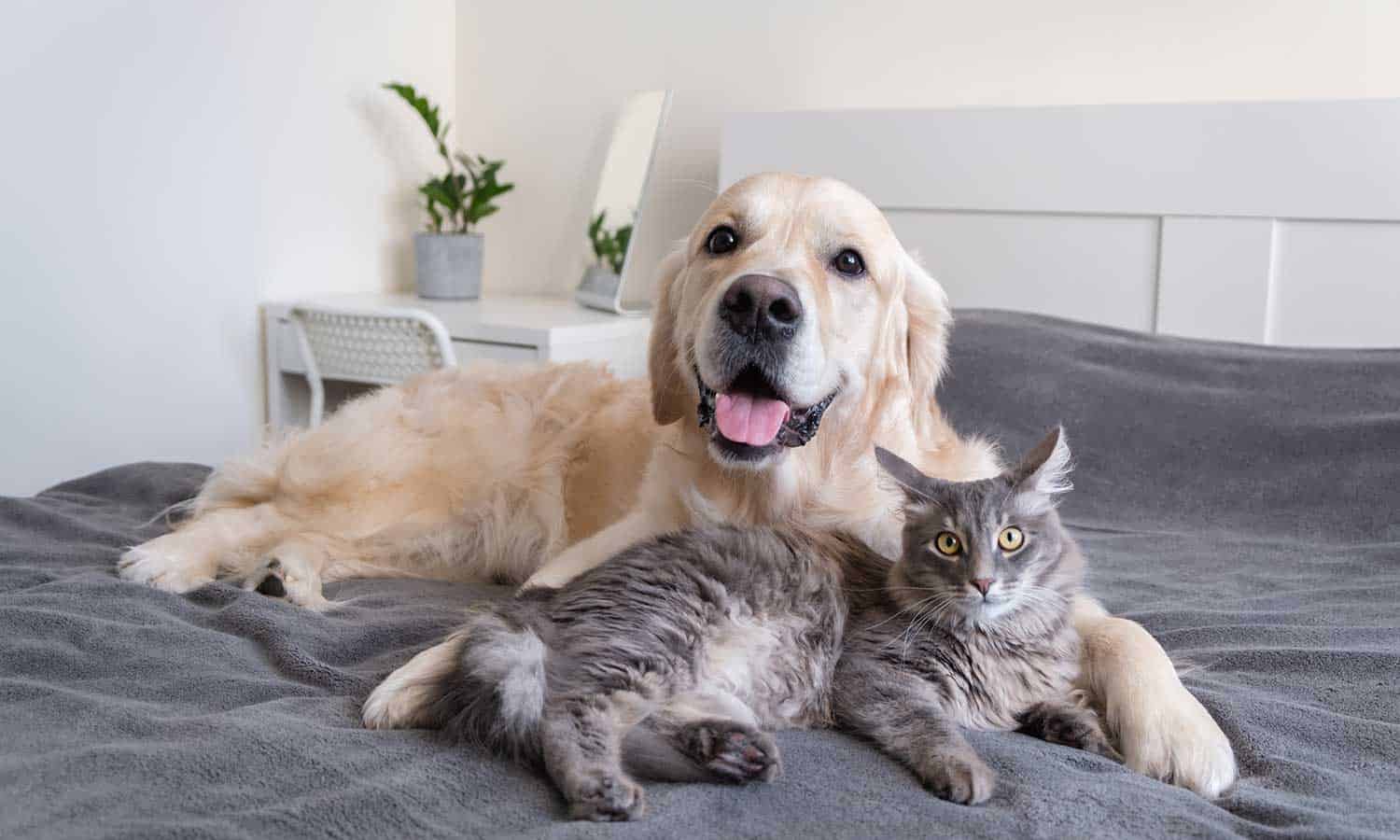Phone: (260) 637-7676
Address: 11605 Coldwater Road, , Fort Wayne, IN 46845
Email:

Phone: (260) 637-7676
Address: 11605 Coldwater Road, , Fort Wayne, IN 46845
Email:
